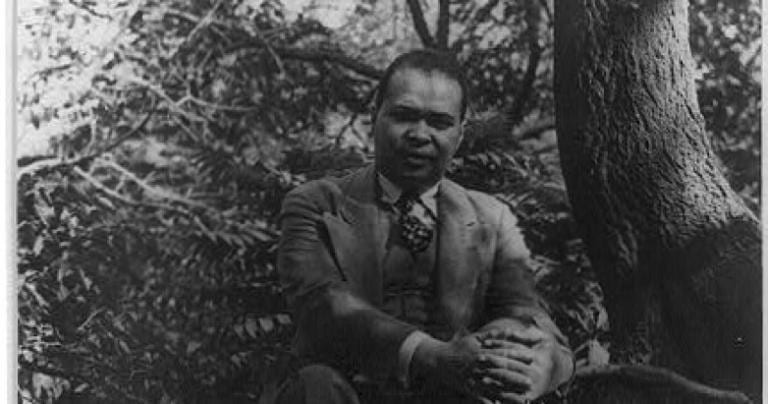 Listen.
Listen.
Before I say why, I remind myself: Listen.
When you come to a great thinker and writer, first listen. The Harlam Renaissance produced great art from a diverse group of people and nothing should stand in the way of learning from a great mind. As a person who cannot know the experiences of the African-American community of that time directly, the need to listen is even greater.
One truth I hear is that justice delayed, as it was and is delayed in America, builds a debt that will be paid. Injustice creates instability at the foundations of society. If God exists, then the nation that continues to perpetuate injustice when the people in power should know better is at war with the arc of Providential history. Augustine was right, God’s providence is not always immediately manifest. We cannot take one presidential election, a stock market downturn, or any event and know immediately what God hath wrought.
For a Christian, any tolerance of injustice obviously is incompatible with what we should do. We should do justice because it is just. That is enough, but if further reason, or motivation is needed, then a reminder that we make belief in God and the truth hard for many smart people should help. A poet like Countee Cullen owed much to the African-American church and echoed the language of religion through his career. A natural skepticism arose produced by the failures of majority American Christian culture.
Who has not looked at injustice and felt the same?
Listen.
FROM THE DARK TOWER
We shall not always plant while others reap
The golden increment of bursting fruit,
Not always countenance, abject and mute,
That lesser men should hold their brothers cheap;
Not everlastingly while others sleep
Shall we beguile their limbs with mellow flute,
Not always bend to some more subtle brute;
We were not made eternally to weep.
The night whose sable breast relieves the stark,
White stars is no less lovely being dark,
And there are buds that cannot bloom at all
In light, but crumple, piteous, and fall;
So in the dark we hide the heart that bleeds,
And wait, and tend our agonizing seeds.
On some issues I disagree with the poet, though even there I should listen, but on the central theme of this poem, and many the themes of all his poetry, Countee Cullen was right.
Note that this poem is not just about injustice, but the beauty that is created in any community. Those experiencing injustice are not waiting to create culture, speak truth, or make art. The seeds are there, growing, and so the need is less for an external culture, but for majority culture to repent and set free what is there in the beautiful darkness. The ugliness of oppression has to be lifted so that the the “buds that cannot bloom at all/In light, but crumple, piteous, and fall” can flourish.
The two truths of this poem (at least I can see just now) are that injustice will end, the oppressed will not always wait, and
Listen. Do justice or at least I can do less injustices.
Lord Jesus Christ, son of God, have mercy on me a sinner.












